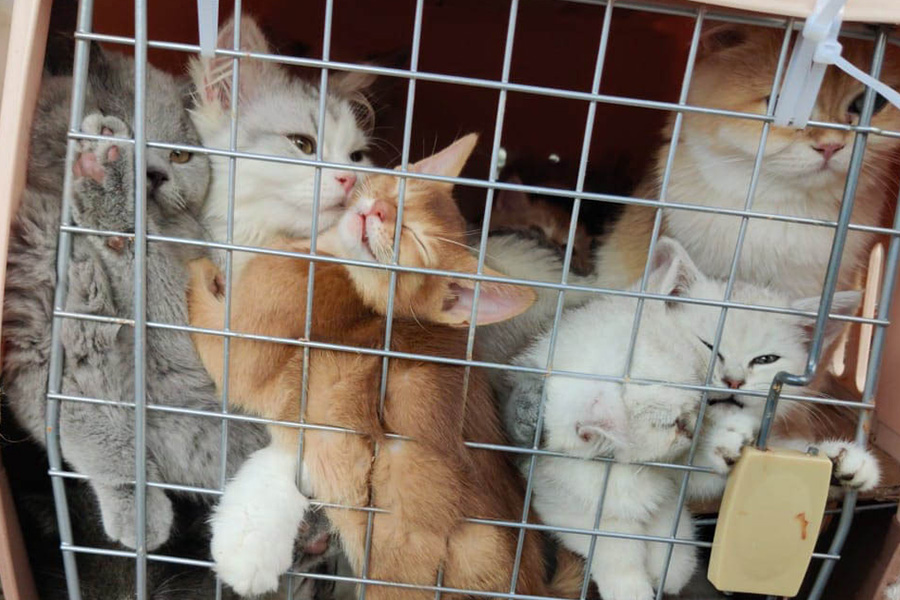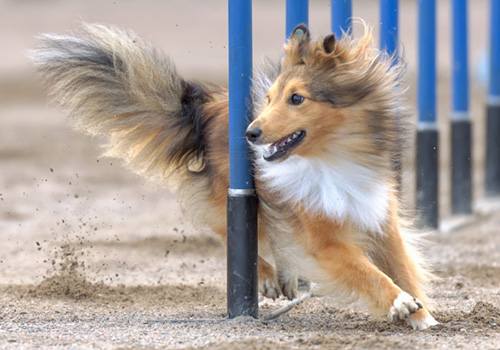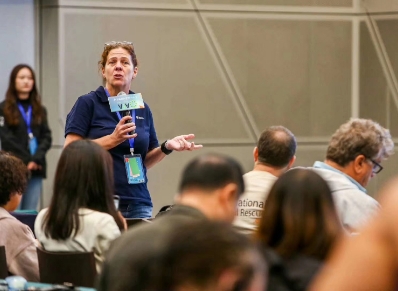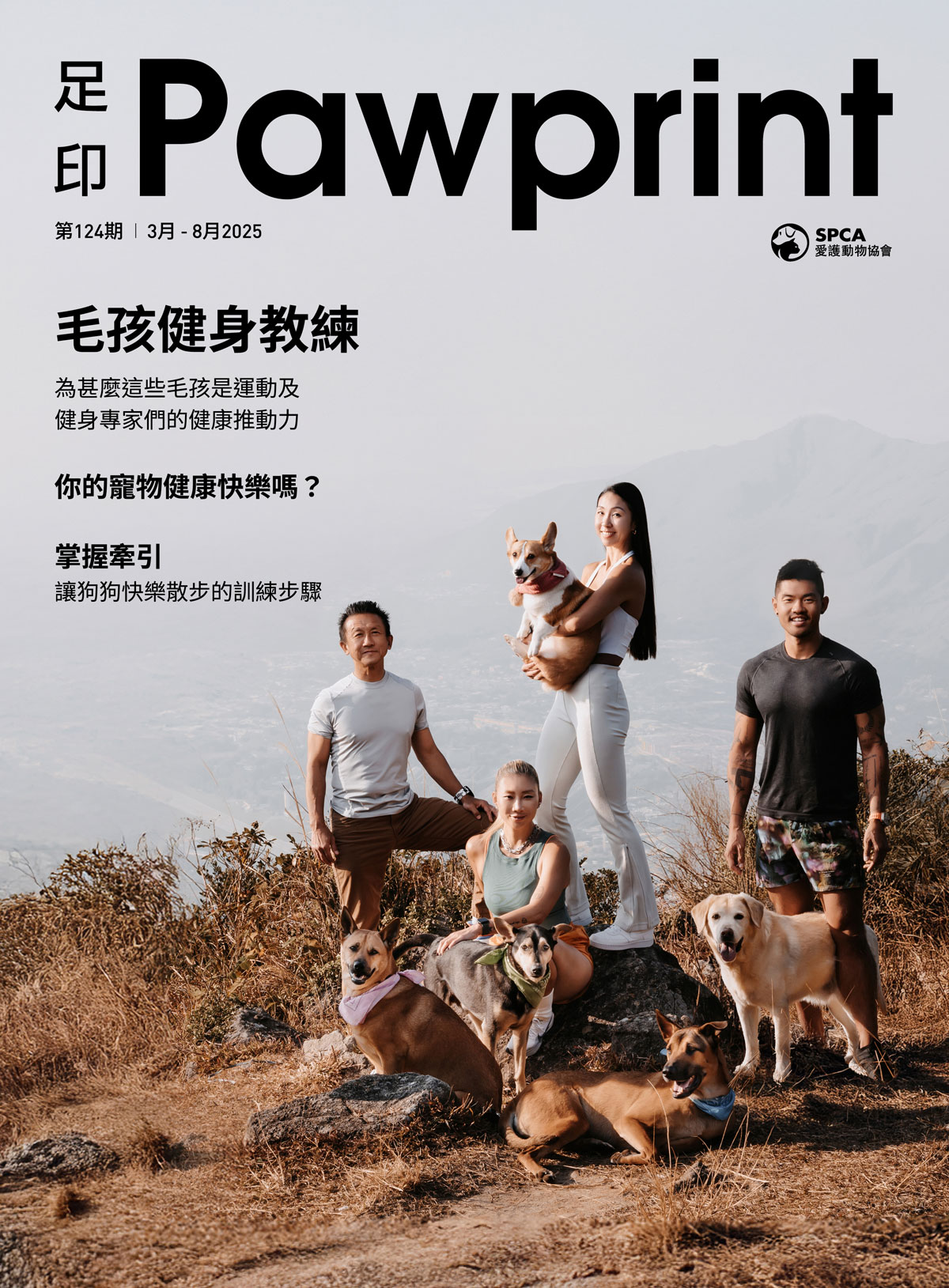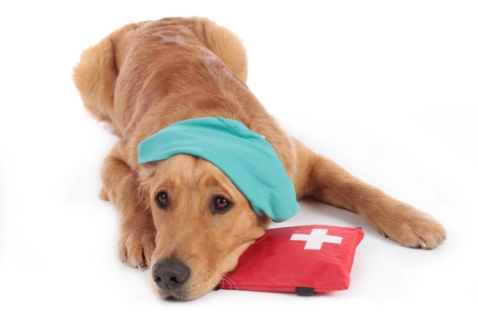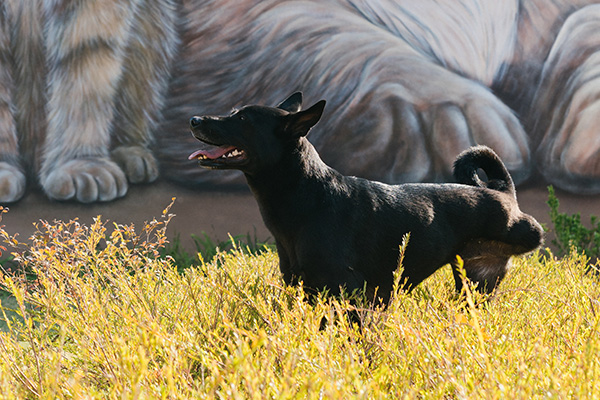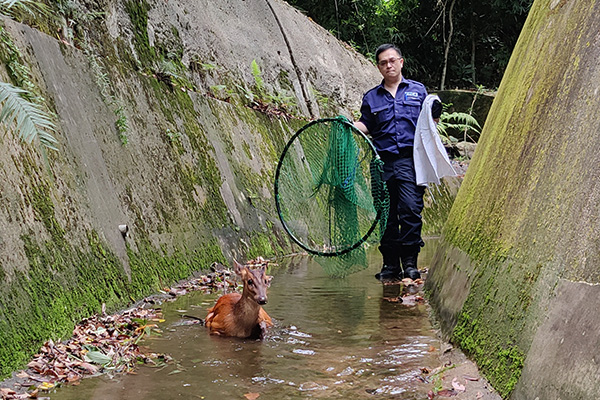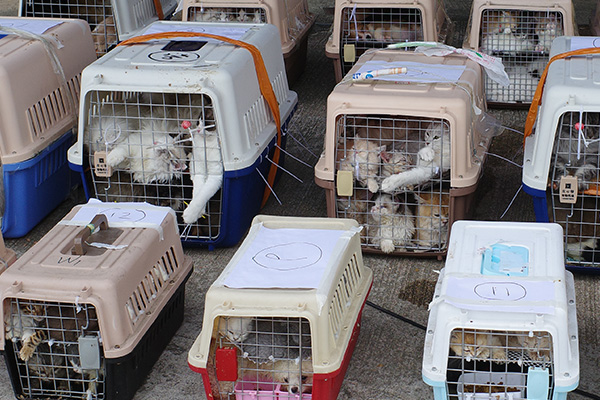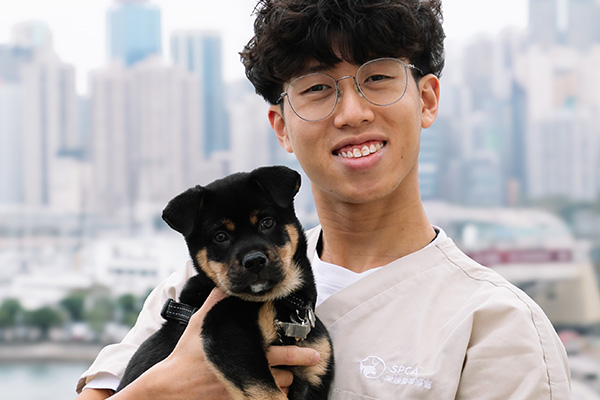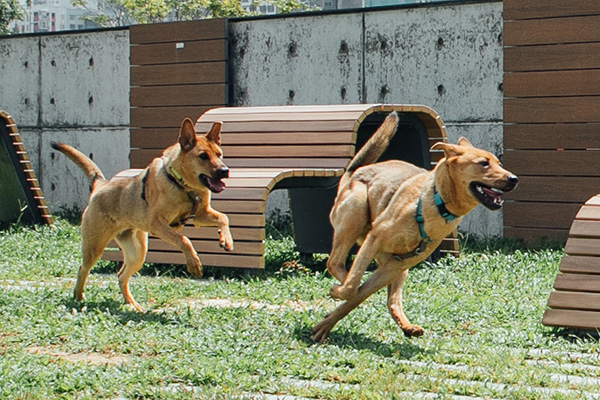Contributed by the SPCA Welfare Deputy Director Fiona Woodhouse and the Welfare Department
Pet smuggling – whether by water or land – is rampant these days due the increasing demand of pedigree cats in Hong Kong. What motivates these illegal traders to undertake such a big risk? And what harm will it do to the innocent animals?
With the rise of eCommerce, people not only purchase them from ‘traditional’ pet shops but also increasingly turn to online platforms for cheaper pedigree pets – a significant number of them are from Mainland China. Moreover, some owners, due to relocation, choose a quicker yet illegal way to transport their pets to Hong Kong so they can reunite with them sooner.
The demand for pet transportation grew – particularly during the pandemic. Since cats are significantly smaller than dogs, the trend towards keeping cats has grown in recent years. However, the rising demand has attracted unscrupulous and illegal traders who prioritise business over the welfare of the animals.
They have developed an industry chain, utilised social media platforms for promotion, bred pedigree cats, and transported them to Hong Kong for higher profits.
Some traders dupe cat lovers and pretend they are private pet owners who are keeping happy, healthy cats in a loving home in Hong Kong. However, the reality is that they focus on making a quick buck and are either kitten-milling or buying and smuggling kittens from many sources in China regardless of the kitten’s health and welfare.
Animal smugglers will pretend that each animal has its own cage and is properly placed in a light goods vehicle for transportation, when in fact, animals intercepted by customs or police are found crammed together in small cages. Not only do they not have enough space to move, but their fur is also fully stained with excrement.
Apart from kittens, cats in poor conditions or even pregnant are crammed together in a cage for transportation. This practice seriously impacts animal health and increases the risk of infectious diseases, some of which have high fatality rates . In a pet smuggling case in May 2022 involving 164 cats and dogs, 60 of them eventually did not survive. Although the person who operated the vessel in this case has been sentenced to 28 months in prison, it is hard to compensate for the loss of life and the losses incurred by those who were deceived.
The SPCA has always assisted Government departments in treating and caring for animals seized in smuggling cases, especially those with illness. Among these cases are newborn kittens and their mothers with diseases, and our staff work tirelessly day and night, awaiting the day when they can be adopted.
Know the Law
According to the law, cats and dogs imported from Group III countries/regions (including Mainland China) must undergo quarantine at the facilities designated by the Agriculture, Fisheries and Conservation Department (AFCD) for a minimum of four months.
However, recent media reports indicate that both online channels and pet shops in Mainland China offer same-day services for cats arriving in Hong Kong.
This is not possible as legally in Hong Kong special permits are required from the AFCD before importing animals and in addition there are quarantine requirements.
Bringing cats from rabies-endemic areas such as Guangdong or Hunan for example, may increase the risk of infecting local animals and humans, and there are considerable concerns about pets evading quarantine.
Be cautious of services offering transportation from Group III countries/regions in less than four months.
Spot the Signs
Illegal pet trade might actually be more common than expected, but due to difficulties in adducing evidence, it really relies on reports from the public.
Despite social media platforms like Facebook not allowing ‘attempts to buy, sell or trade live non-endangered animals’, there are various illegal and evasive ways to avoid being reported, such as conducting pet sales under the guise of ‘adoption’ or a tacit understanding made by posting photos of pedigree kittens without any captions.
The best course of action is to report the post to the social media platform and refrain from interacting with it. Report suspicious illegal pet trade and transport cases to the AFCD by calling 1823 or the police.
Current regulations on the breeding and keeping of cats are more loose than those for dogs. We urge the Government to strengthen the regulatory measures on cat breeding to further protect the welfare of the animals.
